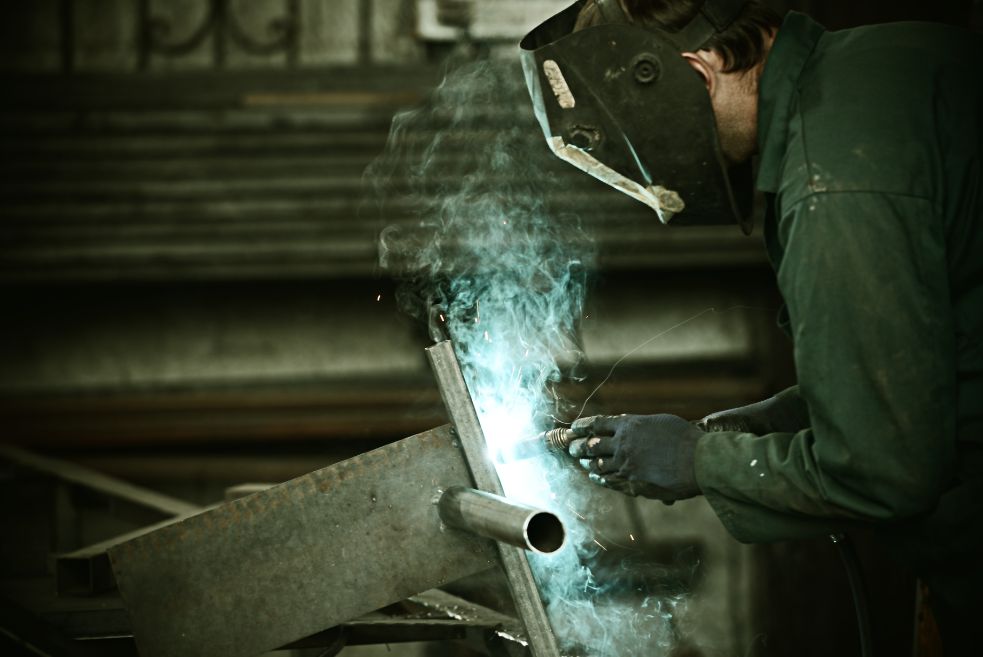
Welding involves more than just joining two metal pieces together. It’s an art encompassing various metal joinery methods with different applications depending on the specific types of metal being used and the goals of the project. Welding plays a critical role in almost every industry today – from agriculture to the defense, manufacturing, automobile, construction, and oil and natural gas industries. There are many different types of welding jobs, and welders can work in almost any field, including the following:
Welding jobs can put you in some exciting and sometimes extreme environments. Here are some examples of where welders work:
Welding jobs require you to be professionally trained in joining metal parts through heat and fusion. Professionally trained welders are in great demand, whether building metal products, general repair and maintenance, or fabricating offshore structures. Follow these steps to pursue a welding career:
Researching the different welding options available can help you learn which tasks of specific welding positions align with your strengths and interests. Since the tasks and responsibilities of various welding jobs vary, different certifications or training may be required.
The next step involves researching the educational requirements of the type of welding career you want to pursue. Knowing the academic requirements for that specialty is vital, as most welding training programs require a high school diploma or GED. Welding often involves measuring dimensions which makes math courses an added advantage.
Enroll in a welding school to earn a welding certificate. IMBC (Institute of Medical & Business Careers) offers a comprehensive welding technology program that helps welders pursue and further their education. IMBC’s hands-on welding technology program emulates real-world welding scenarios and allows you to become familiar with all the welding tools and equipment needed for various specializations.
Proficiency in welding will open doors for you in many different industries, giving you job security and the freedom to find a work environment that suits you. Another benefit to picking welding as a career is that welders can derive job satisfaction from producing tangible outcomes with their hard work.
If you like the sound of what you’ve heard about becoming a professional welder, then IMBC is the right place to start your journey in this exciting and in-demand field. Enroll in our welding technology program today!
More on becoming a welder